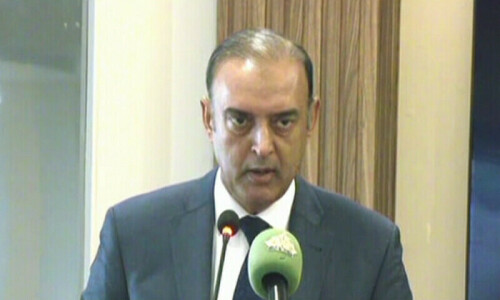SIT back, relax and enjoy it. The cost is minimal and the show will be good. That is what monarchy is about, a really good show. To will a British republic on the day of the Queen’s diamond jubilee is like asking the pope to renounce God at Easter, or a field marshal to turn pacifist.
Opinion polls in the UK persistently give the monarchy at least two thirds popular support. This beats any political party in history. Only the death of Diana brought a brief hiccup, and monarchy still retained a majority. An ICM poll for the Guardian last month had 69 per cent backing the Queen, an all-time high. Meanwhile Mori put republicanism at just 13 per cent. Polls should not be the sole determinant of public policy and can vary with the question, but monarchy’s status in the constitution is beyond question popular. No one seriously thinks the queen “reigns over us” or that we are her obedient servants. That is political pedantry. The best today’s republicans can muster is that “almost half” of Britons oppose changing Big Ben’s name to Big Beth. Amen to that.
Were a new state to be established, few people would advocate a hereditary king or queen as its titular head, but that is hypothetical. Great Britain is not a new state. All tribes surround themselves with bonding rituals and flummery that is often absurd to outsiders. Britons long ago fought to separate their head of state from their democratic rulers. While the ministerial executive putatively serves the crown, for three centuries it has really served the legislature.
All nations seem to crave an anthropomorphic embodiment. Even religious autocracies have high priests or ayatollahs. America, France and certainly Russia struggle to combine the rough and tumble of politics with the aloofness of statehood. Almost half the US president’s time is devoted to state duties. Nations with presidents separated from government can find the process of election or selection messy, though by no means always so. Nor would I pretend that Sweden, the Netherlands, Spain or Japan are stable because they are monarchies; rather they are monarchies because they are stable.
Some human institution is needed to preside over the rare crises that afflict even the most settled constitutions. America’s supreme court is hardly above political controversy. In Britain, a minor scholastic industry dreams up conundrums posed by doubly hung parliaments, Catholic spouses and outspoken heirs to the throne. In practice, such events are sorted out by a huddle of courtiers, lawyers and party leaders. There is no role for monarchical discretion. Walter Bagehot’s distinction between the constitution’s “dignified and efficient” elements is even truer today than in the 19th century.
The chief bone of contention is not so much the concept of a monarch to perform the rituals of statehood as that the job should be by accident of birth. This is a strange objection. British society is riddled with heredity. Opponents of hereditary privilege can be found buying education for their heirs, securing them jobs and internships, and bequeathing them houses and money. In most free societies, family trumps politics. Nothing divides rich from poor so much as the accident of inheritance.
True, anyone’s child may not be king, but that is what renders the succession simple. You cannot buy monarchy as you can buy political power. — The Guardian, London










































